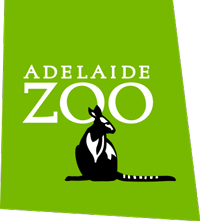Today, Adelaide Zoo’s veterinary team performed a general health check on 11-year-old African Lion Mujambi.
The health check was performed under general anaesthetic in the Animal Health Centre and allowed the veterinary team to get up-close to the apex-predator.
Adelaide Zoo Veterinarian Dr David McLelland said the veterinary team gave Mujambi a general health check and examined his overall body condition.
“We examined Mujambi from teeth to claws, performing x-rays, an ultrasound and took blood to give us a comprehensive assessment of his health,” David said.
“Health checks are an important part of our preventative health program to optimise the care of all of the animals which call Adelaide Zoo home.
“Mujambi has had a number of health concerns over the years, including seizures and testicular cancer, and while he’s hopefully got many years left in him, he’s not as young as he used to be, making regular health checks particularly important for Mujambi.
“Life expectancy for African Lions in the wild is about 10 to 14 years, and in captivity about 20 years old, so it’s important we keep a close eye on him at his age.
As one of Adelaide Zoo’s most popular and well-loved animals, the veterinary team was pleased to give Mujambi a clean bill of health and confirmed he is great shape for his age.
Mujambi’s keeper friends took extra special care of him this afternoon as he recovered from the anaesthetic.
Mujambi is currently housed separately to the female lionesses due to his history of epileptic-like seizures, which would pose added risk to him in the event he had seizure while in with other lions. He was also treated for testicular cancer in 2012, and to date remains in remission.
Born at Mogo Zoo in New South Wales on 26 March 2005 and arriving at Adelaide Zoo in 2007, Mujambi is one of three African Lions that call Adelaide Zoo home.
African Lions are native to sub-Saharan Africa and live in rich grasslands and light woodlands of eastern Africa to the more arid areas of the Kalahari Desert.
Classified as vulnerable to extinction, it is estimated fewer than 30,000 African Lions now exist in the wild.
Like lion numbers, habitat for lions has declined as human population, land cultivation and numbers of livestock have steadily increased in areas lions call home. Lions are often killed to protect livestock or as retaliation kills for livestock loss.
As a conservation charity, Zoos SA is working hard to save this species from extinction through our support of conservation programs on the ground in Africa, like the Zambian Carnivore Program.
At Monarto Zoo, we’re also planning to continue our successful African Lion breeding program in the new year to provide a vital lifeline to this incredible animal.








